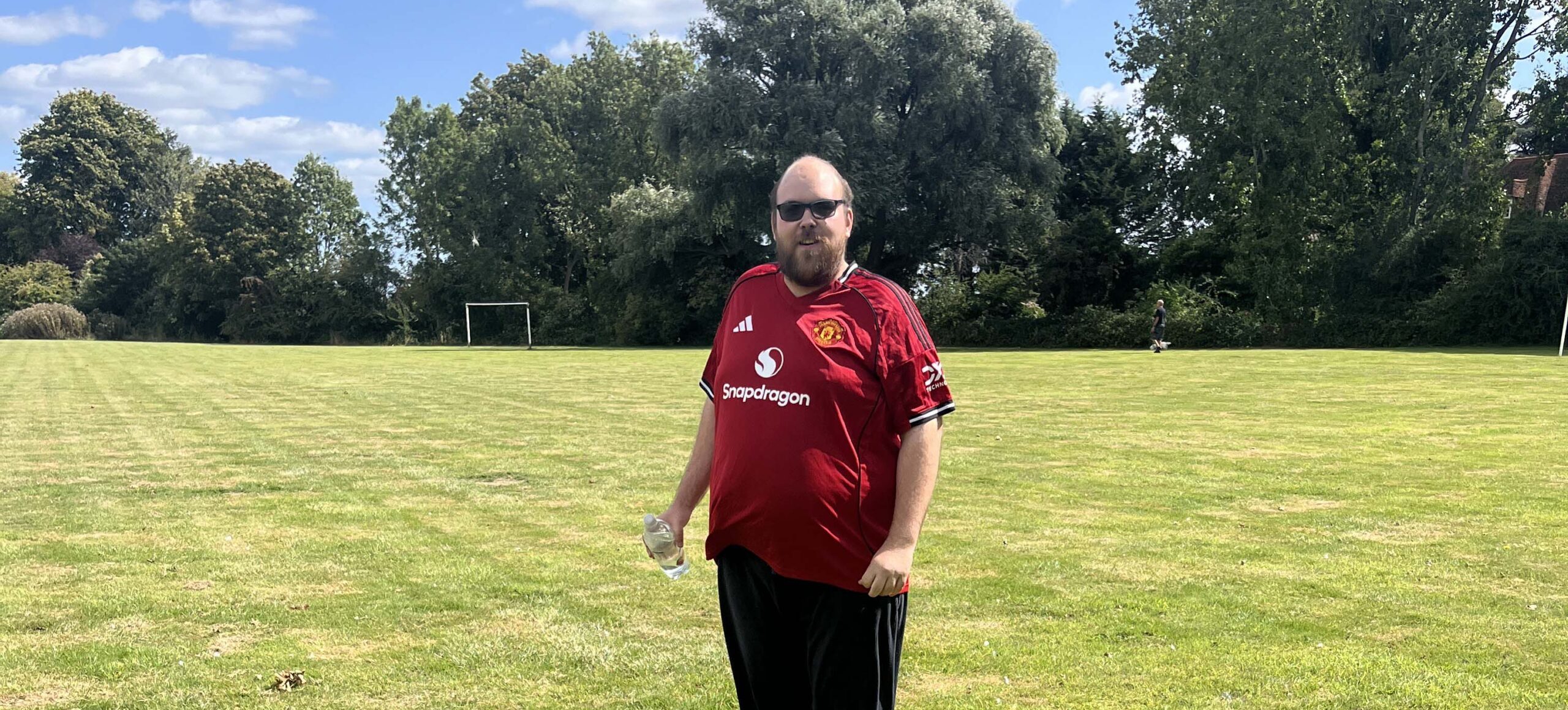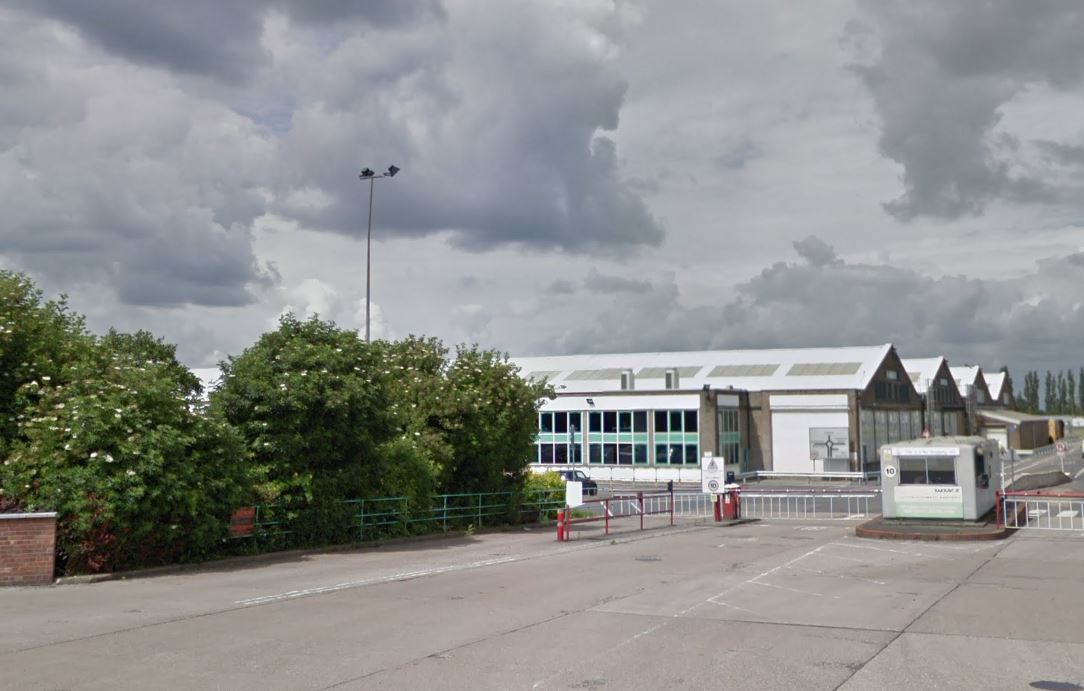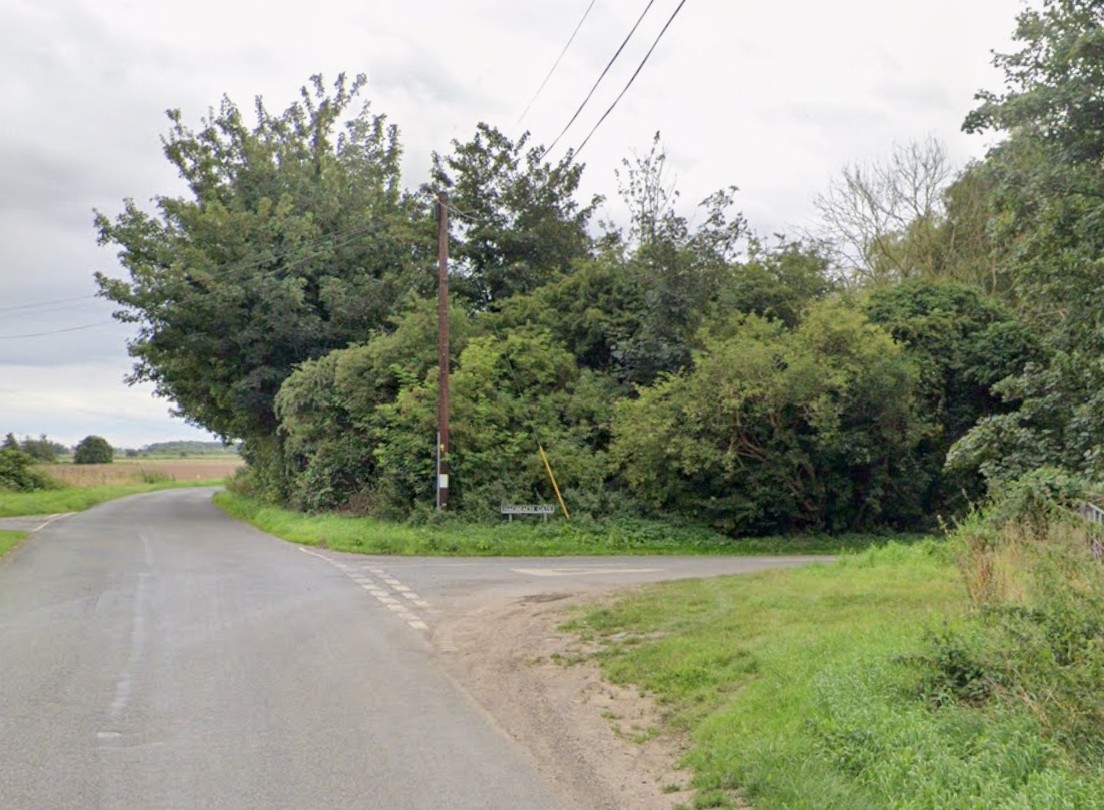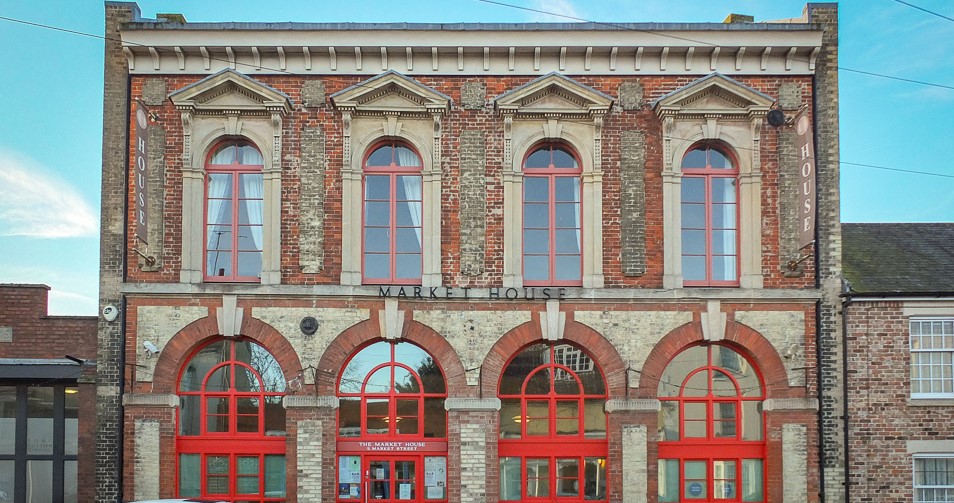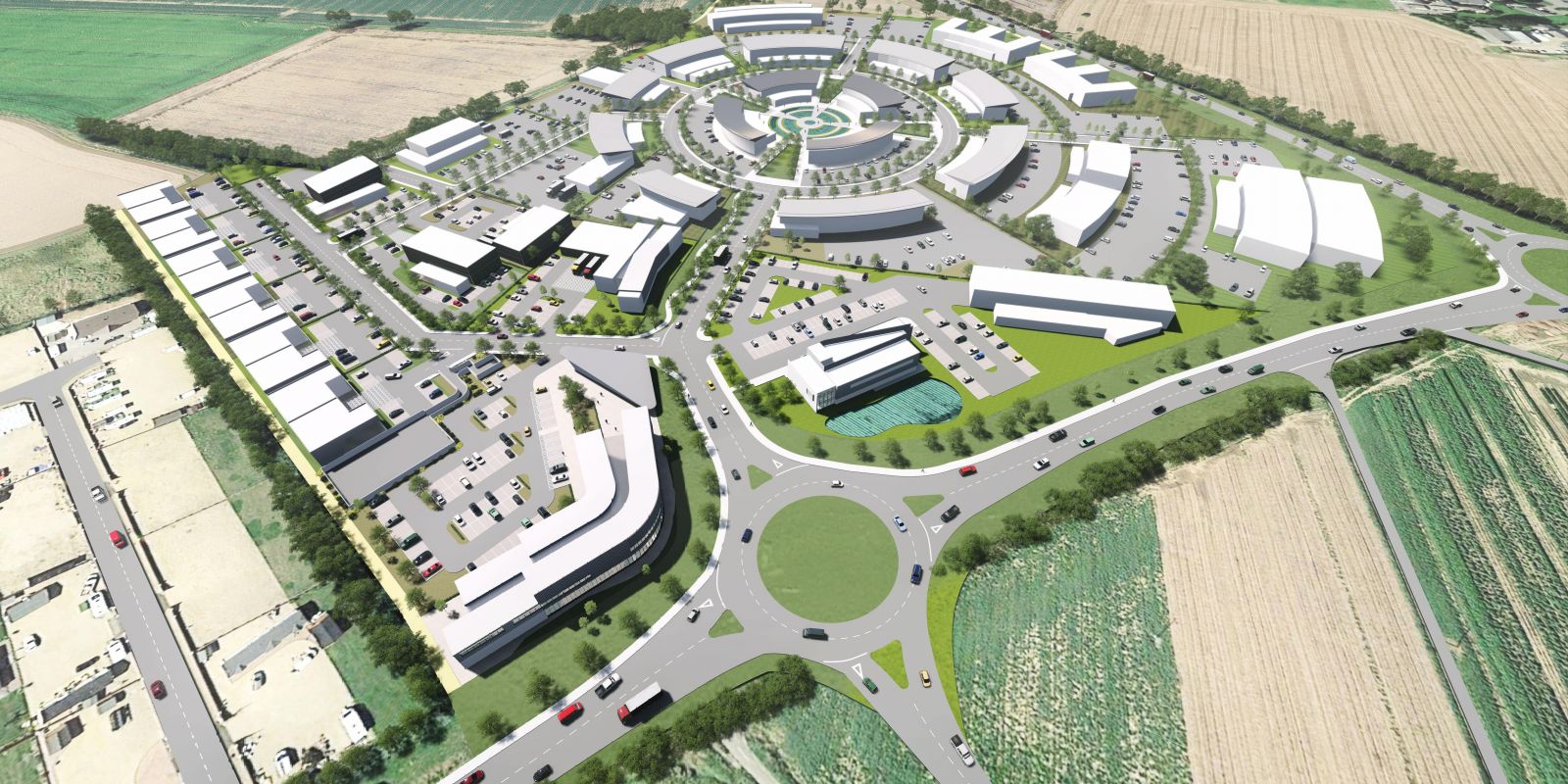South Holland District Council is to put up its share of council tax by the maximum of 2.99 per cent while also looking to make £225,000 of savings in the next financial year.
Its finalised financial plan for 2024/25 was passed by its Cabinet on Tuesday night (February 19).
The district council’s portfolio holder for finance, Coun Paul Redgate, described the budget as ‘extremely challenging’.
“We’ve increasing costs such as pay, contract costs and the internal drainage boards (IDB) lobby, plus reductions in government support,” he said. “This is a time when we’re seeking to support the most vulnerable, to create a vibrant district for our residents to live in and to help businesses to grow.
“Despite all these challenges we’re providing more support for council tax, the new implementation for our business improvement district for Spalding, the deployment of long term towns funding and delivery of the hugely significant South Holland Health and Wellbeing Hub.”
Coun Redgate highlighted the IDB costs increasing by £158,000 this year, a 36 per cent increase since 2021/22, as a reason for the need to increase its share of council tax.
“That’s clearly not sustainable. It’s a now £3.75m bill for this council to pick up.
“As you’re well aware, we’ve had numerous discussions with the council regarding this difficult condition over the last two years.
“Extra funding of £5m has now been confirmed by the government (it had initially been £3m for all councils with IDBs) and it’s money we’re very grateful for, however, allocations have not yet been confirmed.
“Due to the pressures we are facing we are proposing to put up our council tax by the maximum, equating to £7.11p for a Band D property, this equates to 14p per week.
“The vast majority of properties in South Holland are band A, B and C so will see increases lower than this.”
Coun Redgate said the council was looking to make savings of £225,000.
“This will be challenging, but we do have plans to address this,” he said. “We will be seeking to make better use of technology and environment for our savings, efficiencies and service recommendations.”
Another larger than expected cost was the increase in National Insurance contributions, marking a £139,000 increase.
The Cabinet was told by finance officer Christine Marshall that the government had not provided enough money to cover the cost but they had been contacted to point this out.
Coun Alan Beale raised the issue and asked if that was a one-off contribution by the government.
“It will probably be picked up in the long term, but often when it gets put into other grants, the overall amount reduces,” Ms Marshall said. “The anticipation is it will continue but the danger is it will be less than what we need to offset that rising cost.”
Coun Bryan Alcock also raised what he felt was an issue every year of investments made by the council not covering the full costs of pensions rises as they’re meant to.
“It seems to the layman that someone’s not doing a very good job of managing the investments,” he said. “The need for the extra contributions is due to the deficit but that is not created by us, it’s created by the management of the investment.”
Ms Marshall responded that a company carried that out for the council and that work was underway to look at it and she was unable to comment.
Leader of the council Nick Worth described the budget as ‘excellent’ and that he was ‘happy’ with it but claimed the authority had received £231,000 less funding from government.
“If you’d asked me six months ago I’d have been slightly concerned with where it was going but we’re actually in a good position,” he continued. “That’s despite the government claiming we’ve received more money, that’s clearly not actually the case.
“There’s still some uncertainty we’ll be worse off still through government grants.”


